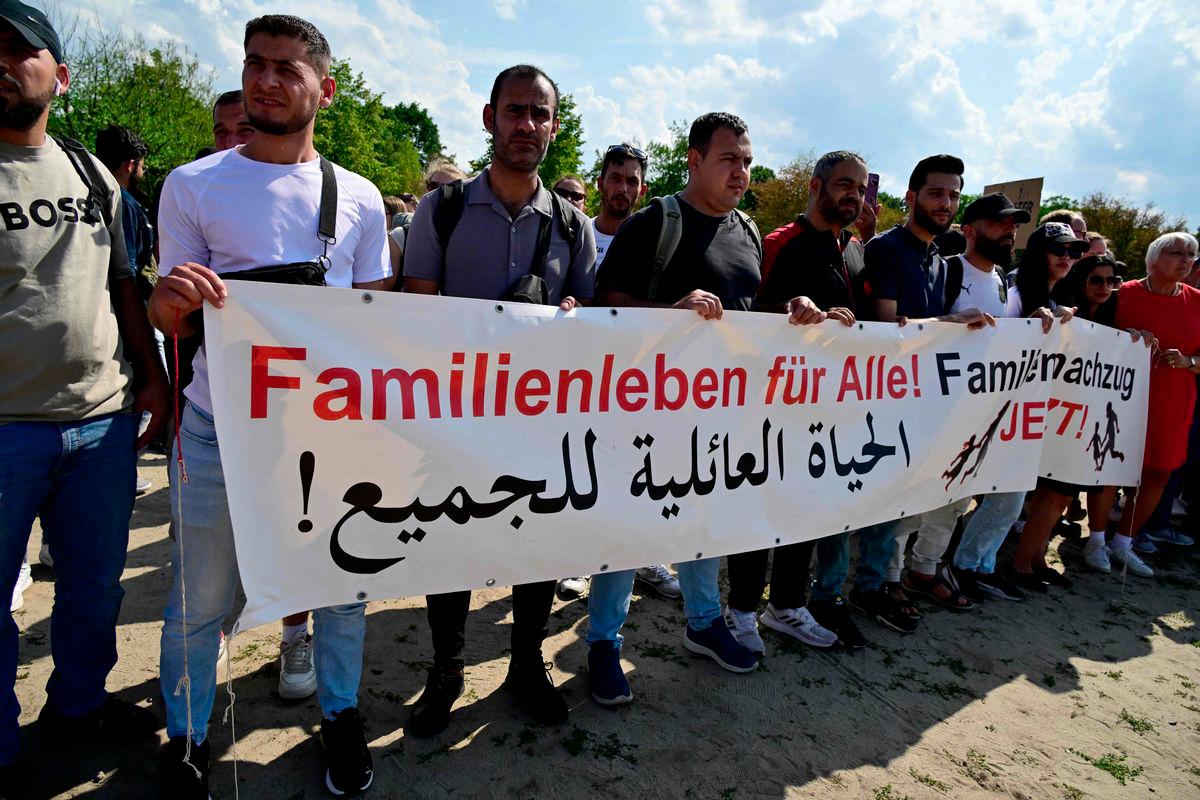BERLIN: German MPs agreed Friday to suspend family reunification rights for refugees without asylum status as conservative Chancellor Friedrich Merz’s government pursues a crackdown on immigration.
Under the legislation approved by the Bundestag, the process by which family members of refugees with subsidiary protection can apply to come to Germany will be suspended for two years.
Refugees with subsidiary protection have not been granted asylum status but are given an initial right to stay in Germany for other reasons, such as the threat of torture or the death penalty in their country of origin.
The government has said the suspension is necessary to lift pressure on Germany’s immigration and integration services.
Interior Minister Alexander Dobrindt told deputies the change reflected the government’s priority for “humanity and order” in immigration policy.
While Germany remained open to the world, “the resilience of our social systems has its limits”, Dobrindt said.
Education, housing and care systems were all under pressure, he added. “Therefore, immigration to Germany must also have its limits.”
The current legal framework caps the number of visas issued to the close family of refugees under subsidiary protection to 1,000 a month.
Suspending the right of family reunification would therefore lead to 12,000 fewer people immigrating to Germany each year, Dobrindt said.
The change aims to eliminate a “pull effect” that draws migrants to Germany and supports the activities of human traffickers, he argued.
Critics say that the right to reunification reflects a humanitarian principle and that refugees who live together with their families integrate better in society.
Opponents of the legislation organised a protest outside the Bundestag on Thursday.
“When we talk about good integration, the family comes first,“ Saeed Saeed, 25, one of the protest organisers who works with refugees in Magdeburg, told AFP.
Wafaa Mohamed, 42, a dentist from Syria living in Germany under subsidiary protection, said: “We want to make our voices heard to the federal government: we cannot live here without our families.”
The legislation passed by MPs includes exceptions for hardship cases, such as family members in urgent need of medical care.
It also states that the initial suspension should be reviewed at the end of the two-year period and could be suspended.









